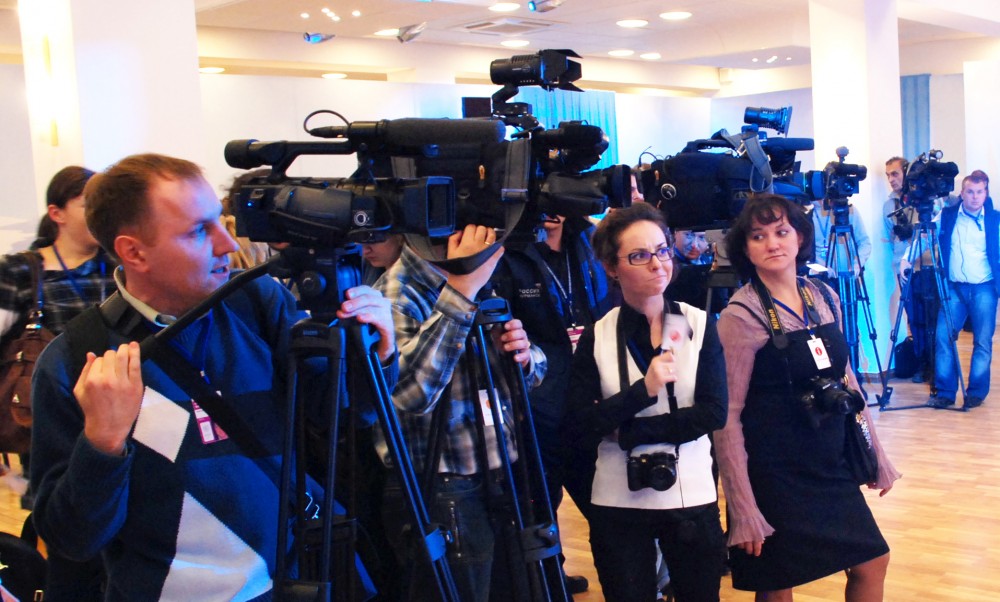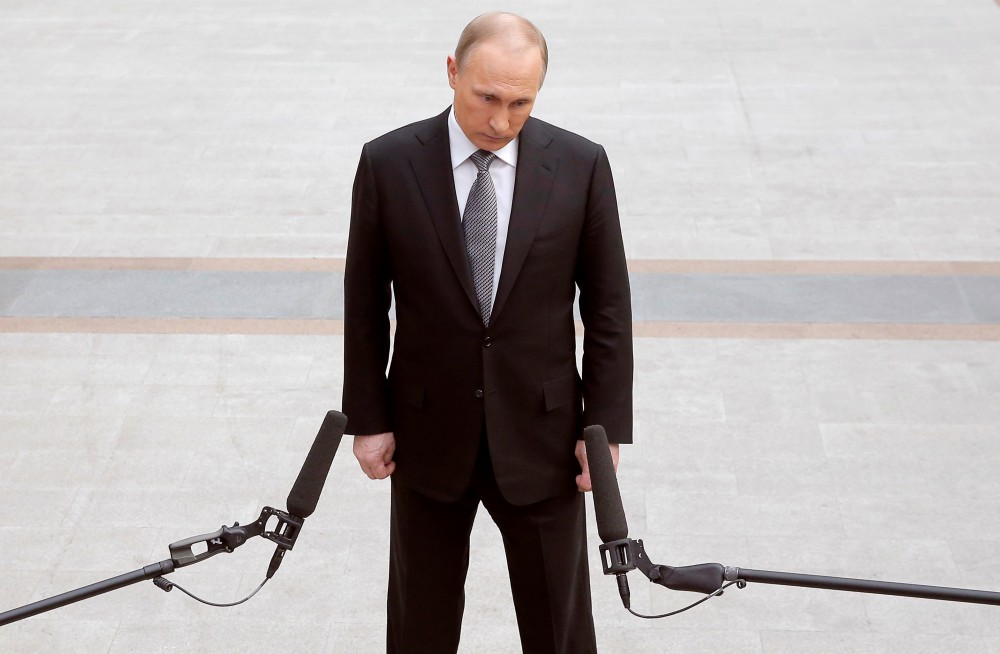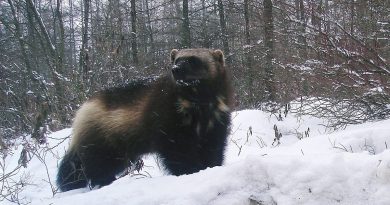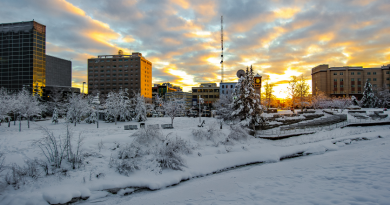Arctic journalism – between ultimate freedom and ‘climate of oppression’

The World Press Freedom Index 2016 ranks Finland on top and Russia as No 148.
For the fifth year in a row, Finland is ranked as the most journalist-friendly country in the world.
“Finland also ranks third in the world for newspaper readers per capita,” says the report by the Reporters Without Borders (RSF). “It has 200 newspapers including 31 dailies.”
However, the report does warn against a possible excessive concentration of media ownership, with two media groups, Sanoma and Alma Media, owning most of the dailies.
The World Press Freedom Index, the annual report from the RSF, was presented on Wednesday. It ranks all the Nordic countries among top 20. Norway falls one place to No 3, while Sweden drops three places to No 8. Iceland is No 19.
“Protection for the media [in Sweden] is not that good because a third of the journalists polled by the National Council for Crime Prevention in 2015 said they had been threatened,” the report reads.
The report ranks Canada No. 18, blaming its slide from the 8th place on mounting concern over the government’s “growing secrecy” and rampant bureaucracy in executing Access to Information (ATI) requests. The report goes on to call former Prime Minister Stephen Harper’s reign a “dark age for journalism.”
“Current Prime Minister Trudeau has strongly advocated for a ‘free media’ but only time will tell if his promises will be fulfilled,” says the report.
The United States has moved eight spots up to No 41. The report notes that U.S. media freedom, enshrined in the First Amendment to the 1787 Constitution, has encountered a major obstacle – the government’s war on whistleblowers, particularly those “who leak information about its surveillance activities, spying and foreign operations, especially those linked to counter-terrorism.”
The report also notes that U.S. journalists are still not protected by a federal “shield law” guaranteeing their right not to reveal their sources and other confidential work-related information.
In the ranking, Russia climbs four places to No 148. However, the authors still have not much good to say about the country.
Harassment of independent media continues and there is a climate of oppression, the report argues.

“President Vladimir Putin has been clamping down on civil society and restricting the space for debate and he has been tightening his grip even more as a result of the Ukrainian crisis, international sanctions against Russia and the economic crisis.”
“A witchhunt is being waged against independent media, which are increasingly branded as a “fifth column” seeking to destabilize the country,” the report reads.
The Press Freedom Index comes just two days ahead of the Barents Press Annual meeting in Haparanda, Sweden. In that meeting, journalists from Sweden, Finland, Norway and Russia will assemble to discuss issues of regional press freedom, as well as and points of cooperation.
The Barents Press International was established in 1995 and has since developed into one of the most successful cross-border journalism networks in all of Europe.
With additional reporting by Levon Sevunts
Related stories from around the North:
Canada: Politics, media misinformation & #sealfie, Eye on the Arctic
Finland: Report on Finnish mine leak calls out company, officials and media, Yle News
Denmark: Nordic information office suspends activities in Russia, Barents Observer
Norway: Media & the Arctic: What happened at Barents Observer?, Eye on the Arctic
Russia: Moscow to set up Arctic media service, Barents Observer
United States: Proposed cuts to public broadcasting funding rile rural Alaska radio, Alaska Dispatch



